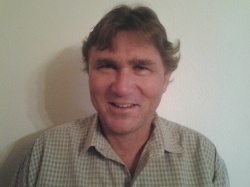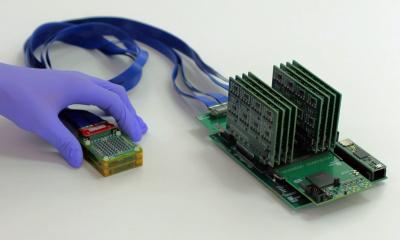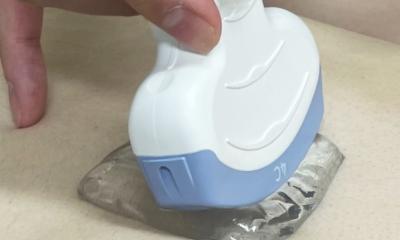The 36th Austrian, German and Swiss Sonography Societies meeting
26-29 September. Davos, Switzerland
Davos has strong ties with medicine. At the end of the 19th century this mountain village was a treasured resort for TB patients and Belle Epoque hospitals, such as the Schatzalp, endure as a period reminder.


Following the arrival of antibiotics, while still maintaining some medical services based on climate and air quality, Davos managed to attract a rather more chic clientele - winter tourists. For the remaining year, the town retains a cultured, laid-back atmosphere – thus a perfect setting for the three-country event, the 2012 Dreiländertreffen. Along with masses of topics of ‘practical value for daily routine,’ explained André Dietschi, the 2012 Congress President, there will be courses on gastrointestinal and contrast ultrasound, and a focus on prenatal diagnostics. The Dreiländertreffen Academy distinguishes those practice- oriented elements from the scientific programme, providing brief presentations of new findings with follow-up discussions.
Key developments ‘High resolution for probes has helped optimise image quality and diagnostic precision,’ Dr Dietschi says. Convenient 3-D imaging of tendon lesions in, e.g., the shoulder would be a technological achievement surgeons could appreciate in planning and conducting interventions. ‘Whereas more recent technical developments have been rather nonrevolutionary, with the practical benefits of fusion imaging waiting to be defined, there are exciting new trends in the field of contrast agents.’ Emerging expertise about their effects and potential areas of application have attracted significant attention, he added. ‘Based on current contrast agents, symptoms can now be differentiated more easily, with fewer additional exams required to achieve diagnostic precision. Conditions of the liver, kidneys, and pancreas provide a very good example of these improvements. There are basically no restrictions to experimenting for new areas of application because this will cause no harm, and potential benefits are significant.’ Anyone involved in ultrasound will be welcomed in the Swiss Alps to expand skills and know-how, and exchange ideas, the President adds.
04.09.2012











